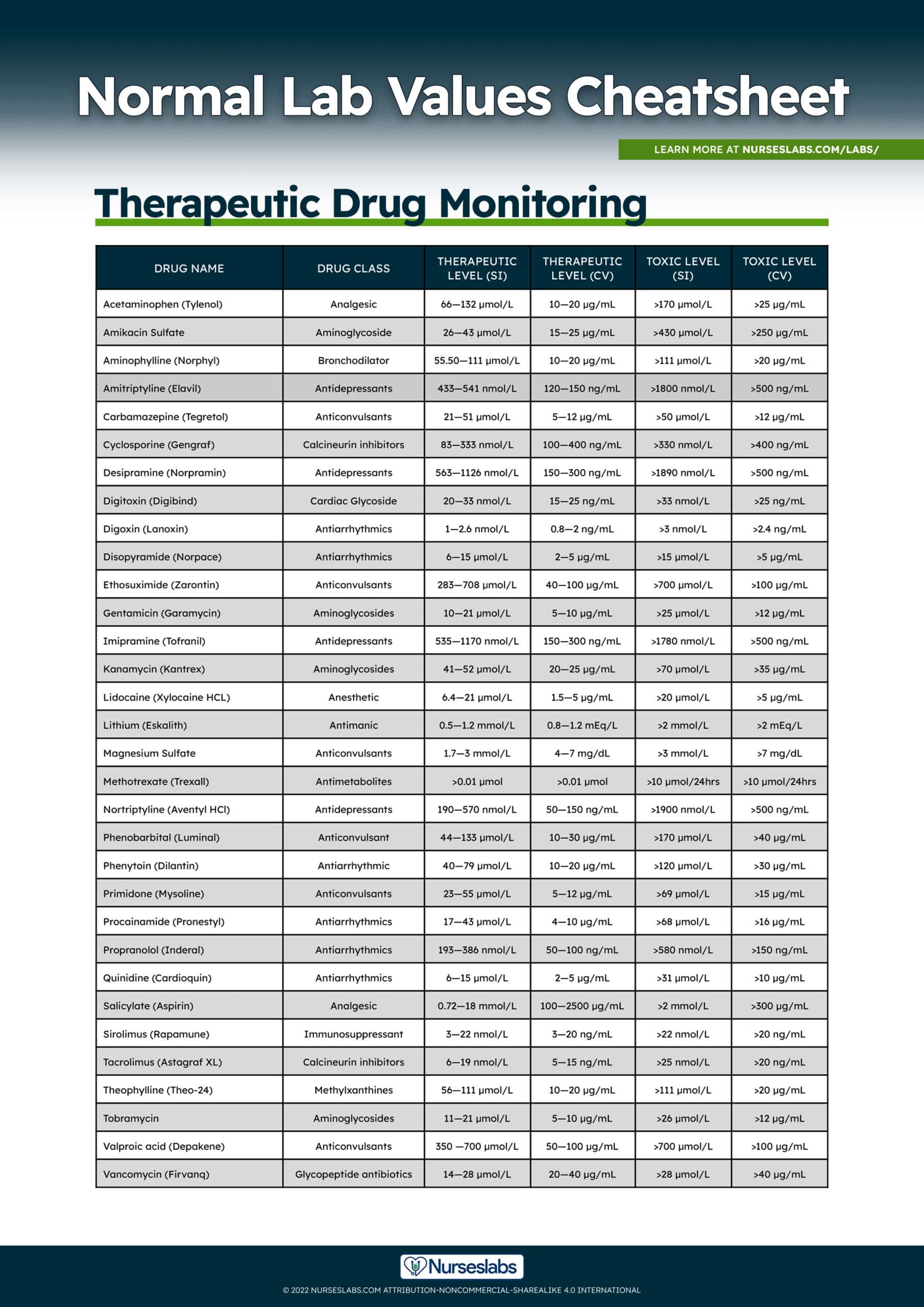The Role of Diagnostics in Ensuring Pet Well-Being
The Role of Diagnostics in Ensuring Pet Well-Being
Blog Article
Supporting your pet’s medical needs is crucial to their quality of life. Animal diagnostic labs offer a wide range of services for pets such as cats and dogs.
In this discussion, we’ll delve into how veterinary labs work, their key services, and how these services benefit your pets.
Understanding the Role of Veterinary Testing Centers
Diagnostic services for pets provide in-depth analysis of biological samples from pets. These labs aid vets to develop effective treatment plans.

The procedures at these labs often includes:
- Sample collection: Vital specimens are obtained at clinics.
- Laboratory analysis: Sophisticated machines analyze the samples.
- Analyzing test results: The lab sends back results to the veterinarian for custom care strategies.
Common Veterinary Tests for Pets
Animal health services offer a variety of tests to ensure pets stay healthy. Frequently conducted exams include:
- Hematology panels: Evaluate overall health.
- Urinalysis: Assess kidney function.
- Parasite screenings: Evaluate gut health.
- Allergy screenings: Address skin irritations.
- X-rays and ultrasounds: Spot tumors.
laboratório veterinário ribeirão preto
Why Regular Testing is Important for Your Pets
Frequent lab testing plays a key role in detecting issues early. Timely diagnosis ensures effective care.

Why regular testing matters include:
- Effective treatment plans: Tailored treatments for your pet’s needs.
- Knowing your pet is cared for: Stay informed about their health.
- Avoiding expensive treatments later: Catch issues before they become critical.
Why Veterinary Testing is Essential for Cats and Dogs
Scheduling routine tests for dogs and cats gives them the care they deserve. Pet testing facilities work as an extension of your vet’s expertise to address their needs proactively.
Talk to your vet about lab testing to support their needs for years to come!
Report this page